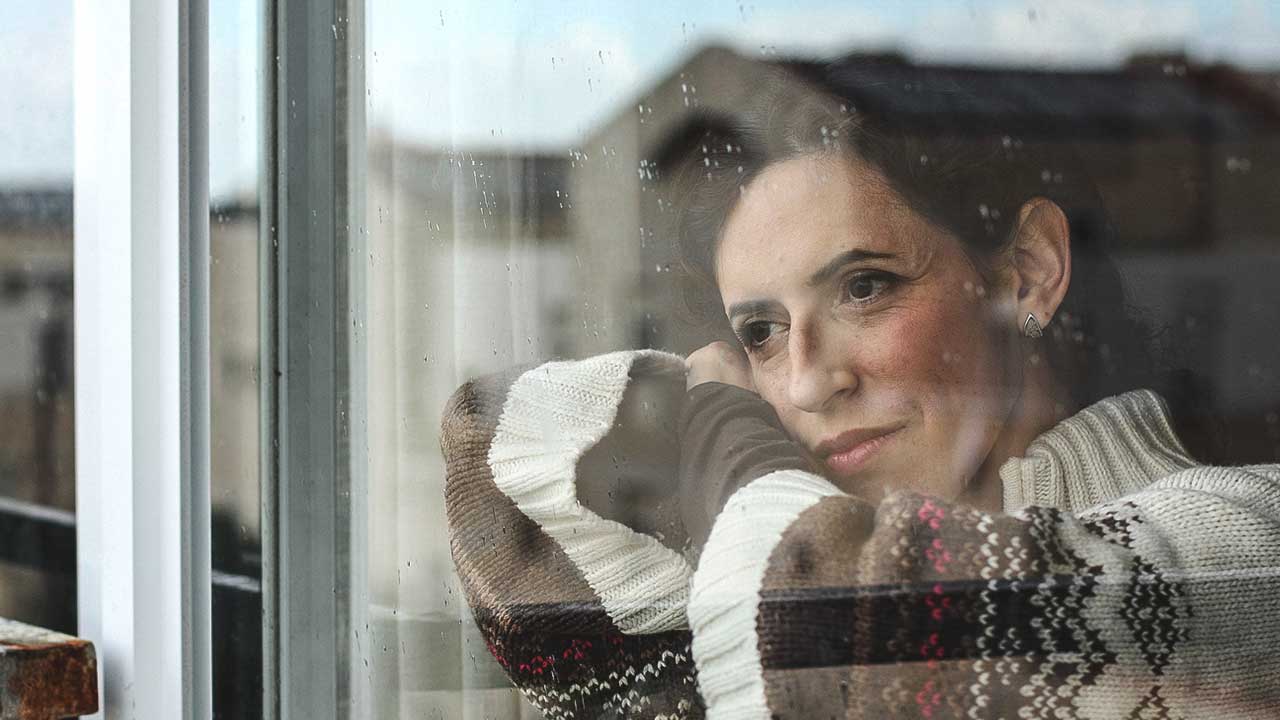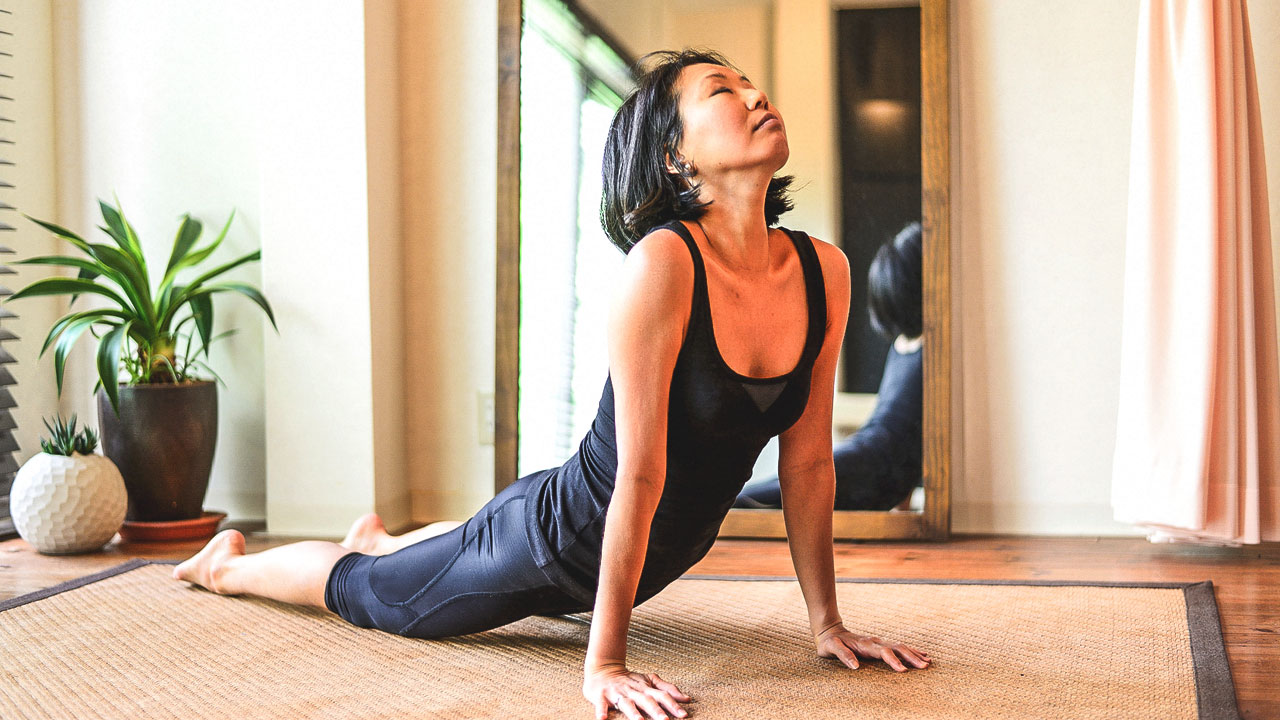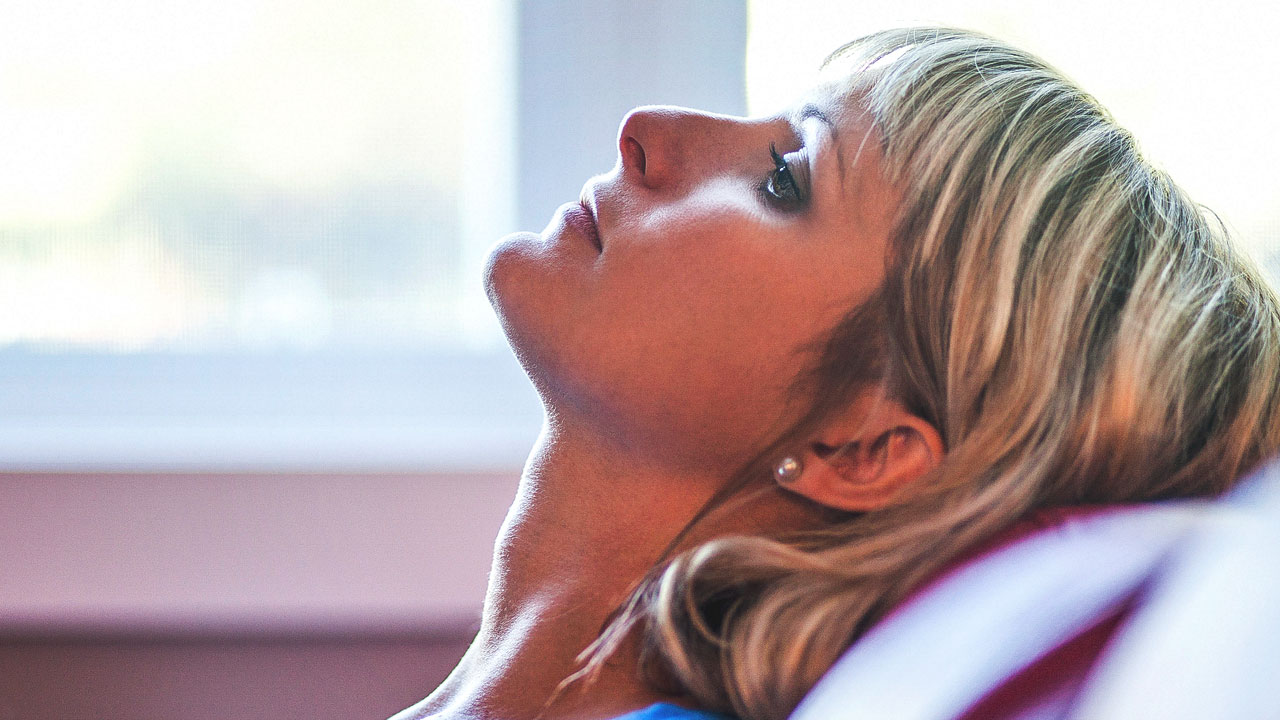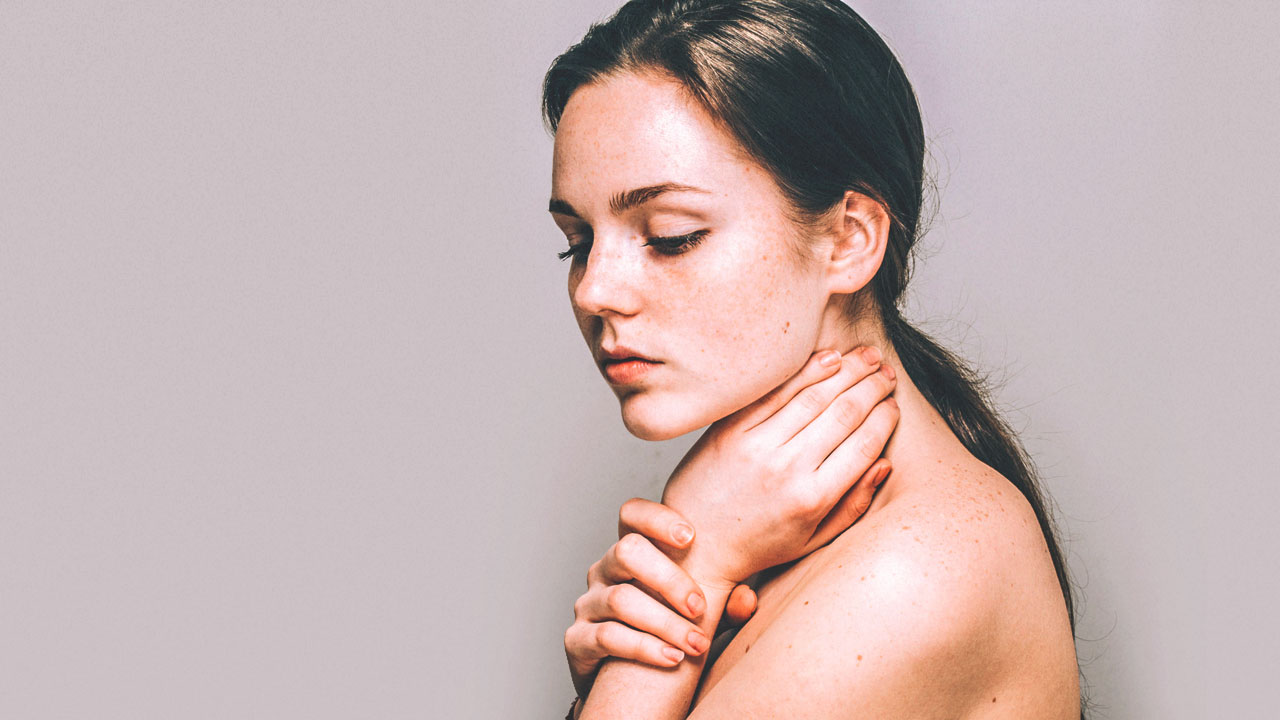 iStock
iStock
If you have psoriasis, you're probably already familiar with flare-ups. In addition to diet and stress, extreme weather conditions play a role in recurring episodes of psoriasis. People with psoriasis have sensitive skin and need to be cautious in extreme weather.
Here are some tips to help you prevent flare-ups in cold and hot weather.
Cold Weather Tips
A drop in temperature often means an increase in flare-ups. Along with cold and dry air, reduced sunlight and loss of moisture can trigger flare-ups. Here are three things you can do to prevent flare-ups during the winter months:
1. Moisturize your skin
The top layer of the skin contains skin cells immersed in natural oils. This combination of cells and oils helps the skin stay hydrated by locking in water. Cold air can cause water particles to evaporate from the skin, which leads to drier skin.
Moisturizing your skin in cold weather can lock in moisture and help keep psoriasis flare-ups at bay.
2. Keep air moist when indoors.
Cranking up the thermostat is common during extremely cold temperatures. You may be warm, but your skin will be dry. Use a humidifier to add moisture to the air.
When purchasing a humidifier, consider buying one that can read the humidity percentage. An optimal humidity level is between 30 and 50 percent.
3. Try hydrotherapy.
Hydrotherapy is a group of supervised activities that involve immersing joints and extremities in warm water. It's a well-known method for adding moisture to skin during cold, dry conditions
Apart from preventing flare-ups, hydrotherapy can help relieve psoriasis and psoriatic arthritis.
Hot Weather Tips
If you have psoriasis, the sun can be both your friend and your foe. On one hand, sun exposure and natural sunlightcan help treat psoriasis. Additionally, UV radiation is the healing component of phototherapy treatment for psoriasis. On the other hand, too much sun exposure can trigger flare-ups.
Here are five things you can do to prevent flare-ups during the summer months:
1. Use sunscreen.
Extreme sun can irritate the skin and cause flare-ups. Sunscreen has protective characteristics against UVA and UVB rays. Your doctor may recommend using a sunscreen with an SPF of 30 or higher.
2. Dress light.
In hot weather, the body tries to counteract the heat by producing sweat. Sweating can cause flare-ups in some people. To prevent flare-ups, wear light, loose-fitting clothing. You may also want to consider wearing sun protective clothing or hats and visors when outdoors.
3. Drink water.
In order for the skin to stay hydrated, the body has to be hydrated. Drinking lots of water in hot weather can keep your skin hydrated and prevent flare-ups.
4. Schedule outdoor trips during cooler hours.
The hottest hours during summer tend to be between 10 a.m. and 4 p.m. Scheduling your trips during cooler hours, or reducing your time outdoors during these hours, can help prevent flare-ups.
5. Know your skin type.
The sun has varying effects on different skin types. The Fitzpatrick scale was established to divide skin types according to color of skin and corresponding reactions to sun exposure. The scale ranges from very fair (type 1) to very dark (type 6). Knowing your skin type can help you figure out how long you can stay out in the sun.
Having psoriasis doesn't mean you can't enjoy the outdoors, either during the winter or summer months. Paying attention to your skin and using these tips can help protect you from future flare-ups.
Written by Jennifer Abayowa
Medically Reviewed by Debra Sullivan, PhD, MSN, RN, CNE, COI on December 10, 2015
Read more in Psoriasis Resources- Enamandram, M., & Kimball, A. B. (2013). Psoriasis epidemiology: The interplay of genes and the environment. Journal of Investigative Dermatology, 133(2), 287ñ289. Retrieved from http://www.nature.com/jid/journal/v133/n2/full/jid2012434a.html
- Lindqvist, M. H., & Gard, G. E. (2013, October 19). Hydrotherapy treatment for patients with psoriatic arthritisóA qualitative study. Open Journal of Therapy and Rehabilitation, 1(2), 22ñ30. Retrieved from http://doi.org/10.4236/ojtr.2013.12005
- Mayo Clinic Staff. (2013, May 18). Humidifiers: Air moisture eases skin, breathing symptoms. Retrieved from http://www.mayoclinic.org/diseases-conditions/common-cold/in-depth/humidifiers/art-20048021
- Where does your skin fit in? Quiz. (2015). Retrieved from http://www.skincancer.org/prevention/are-you-at-risk/fitzpatrick-skin-quiz




Add a Comment1 Comments
I had a really bad psoriasis flare up on my face for over a week. I tried creams from doctor's but nothing calmed it down. I stumbled on Made from Earth Aloe Vera product on amazon http://amzn.to/2ldOALr
After using once it calmed the burning on my skin & the redness. After using for 3 days my skin is almost back to normal.
February 13, 2017 - 6:21pmThis Comment